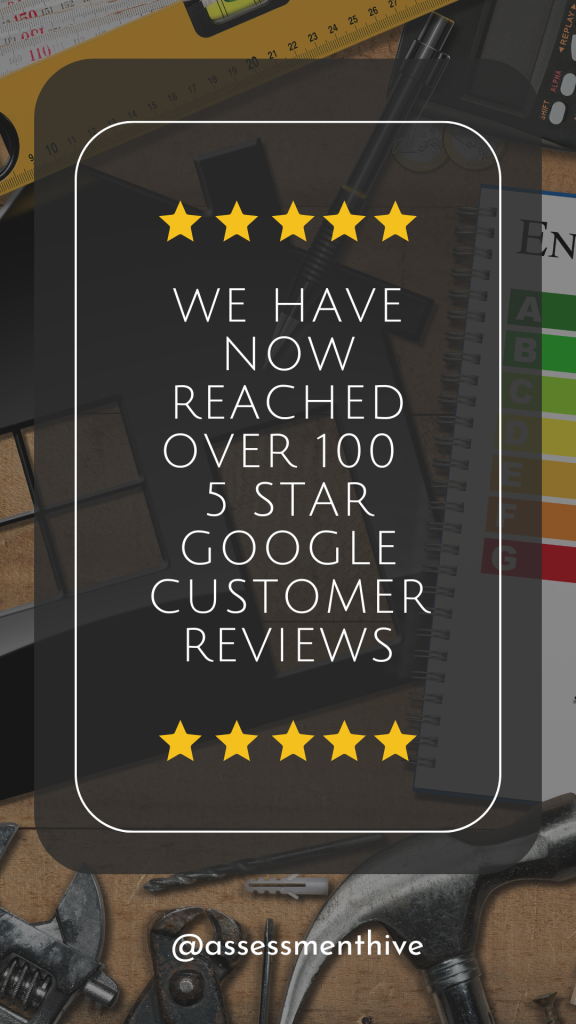COVID has hit the rental market hard. Lockdowns, combined with the economic downturn, have created a situation that has left many renters unable to pay their rent. Which has, in turn, put landlords into a difficult position. With so much uncertainty, it has made some landlords more seriously consider the benefits of Guaranteed Rent.
What Is Guaranteed Rent?
There are quite a few different ways to get guaranteed rent. These are schemes or arrangements that will ensure that you get some rental income in various circumstances.
There are three main options;
- Guaranteed Rent Insurance
- Council Guaranteed Rent
- Rental Guarantee Schemes.
They all work a little differently, so they have different pros and cons. Here’s a quick rundown in case you’re considering your options.
Guaranteed Rent Insurance
For a small monthly premium, you will get cover if your tenant falls into arrears. This is a set up that will require the smallest amount of change. You continue to manage your properties on your own, and you just set up the insurance each time you get a new tenancy agreement.
The downside to this option is that it’s a reactive solution. That means you’ll only get paid after your tenant has fallen behind. For this to be useful, you need to survive without payment for at least eight weeks.
You also have to be aware that the covenants on this type of cover are usually very restrictive. After all, the insurance provider doesn’t want to payout. You might struggle to get comprehensive cover in the wake of COVID, so check any fine print carefully.
Council Guaranteed Rent
This is where you enter into an agreement with the local council. The council will use your property for social housing so you can have the assurance that you’re doing some social good. The flip side of that is that your rental income will be lower than it might otherwise be. However, this can be a good option if your property is in a less desirable location.
The details of these schemes will vary between local councils. Often the council will take over managing the property for you, so it’s hassle-free. They also often offer some perks like exemption from council fees.
These arrangements can take a while to set up, and you often don’t get much say over the tenants. So this is an option you need to be sure of before you commit to it. However, following COVID, it’s very likely there will be a high demand for properties for these schemes.
Rental Guarantee Schemes
Some people know these as rent-to-rent schemes. In these schemes, you essential hand over control of your property to a company. They will pay you a fixed amount to rent out your property. They will pay that amount every month, no matter what. That means you get paid even when the property is empty.
These agreements often have an extended fixed-term contract. During that time, you give up control of the property, so you have no say over tenants, maintenance, or upgrades. These normally offer a higher income than the council schemes, but they are more selective. These companies will only take on properties that they are sure they can make money on. So even if you’re interested, the company might not be.
If you’re considering a way to guarantee rent on your property, it is well worth researching every option carefully as what is best for one landlord may not be the best solution for another.
If you have any queries, please do not hesitate to contact the Assessment Hive team.







